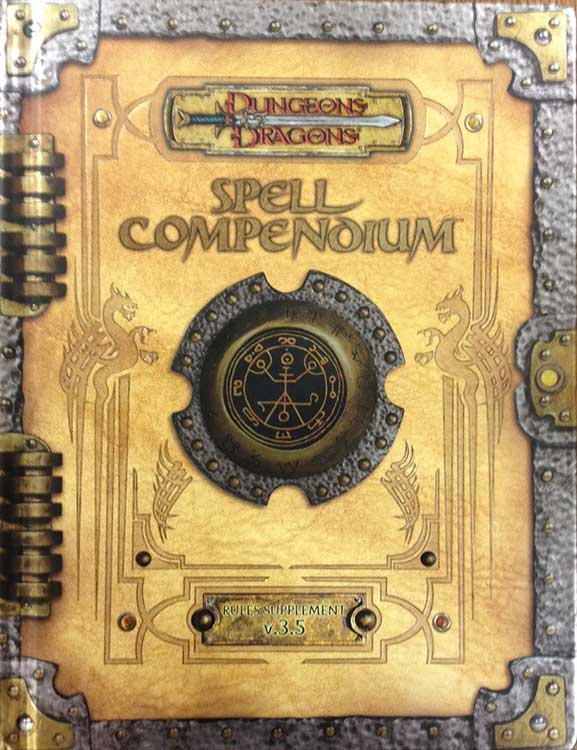Any great author must intimately confront the machinations of human nature in order to make characters believable. Sometimes, that means studying the thought patterns and habits of children, psychopaths, naive onlookers, cannibals, animals, and serial killers. There are several ways to do this but few of them are as entertaining as watching Apollo Robbins steal things! Known as the Gentleman Thief, Robbins performs for audiences by stealing from his volunteers (don’t worry, he returns the goods). Pay close attention: he might even change shirts during the performance without your noticing! He explains that we often miss things that are happening right under our noses (or eyes) because we are focusing on something else. This isn’t new: illusionists and sleight of hand magicians have been using these techniques for centuries (if not millennia). At last year’sFantasyCon, I watched a world class magician perform … but I kept inadvertently (and then purposely) watching the non-moving hand. That’s where all the action was. It was very revealing (and less mysterious). But what does this have to do with a SFF blog? I’m glad you asked.
Scientists have recently proven that we only remember things we think we need to remember. In other words, if you think something is important, you’re much more likely to remember it. If you think a detail is incidental, you’ll miss it – even if it is presented multiple times. So … it shouldn’t be any surprise that we only “notice” things we’re paying attention to. This is why misdirection works. I’ve noticed mystery writers using similar techniques but somehow, it seems that SFF writers often miss out on these opportunities. Have you ever read the conclusion of a book and thought – hey, wait a minute, that detail was never brought up before now? I remember reading Encyclopedia Brown books as a kid and thinking that after every ending. I’d reread crucial parts of the story to see if the author had mentioned certain details. Often, they weren’t there and it left me disappointed by the cheap trick because I always wanted to solve the crime before Encyclopedia Brown did (I still liked the books but I eventually lost interest for this very reason). Dan Brown uses similar techniques but I probably shouldn’t mention that since I liked his debut novel (didn’t read the others). Compare that to the modern Sherlock Holmes series and you’ll have a different experience – a more satisfying experience if you are trying to outwit the master sleuth. That is part of the beauty of the mystery – knowing that you have to notice every little detail or you might miss out.
Rarely will you have that kind of experience in the SFF genre. Why? Maybe it seems like too much work. Maybe SFF authors are worried that the reader will figure out the twist ending and find the conclusion disappointing. Maybe we’re just too lazy. I think it’s all part of good writing. Sprinkling mysterious clues intermingled with red herring details allows the reader to miss important clues as they are presented. Then, when the big reveal is made, those same details can be reviewed (just like in Sherlock Holmes’ episodes/books) so the reader can put those pieces together and feel outsmarted by the author – resulting in a very satisfying conclusion. Sure, it’s only one part of building a story but I think it is underused in SFF. The question is: why? Share your thoughts in the comments section below. Or, if your fingers are tired of typing, sit back and enjoy Apollo Robbins having some good gentlemanly fun with his very suspicious victims.




1 Response
[…] Superman – the ultimate stale character who only has two ridiculously pointless weaknesses (magic is the second one in case you didn’t know). Another hat tip to the Incredible Hulk who can […]